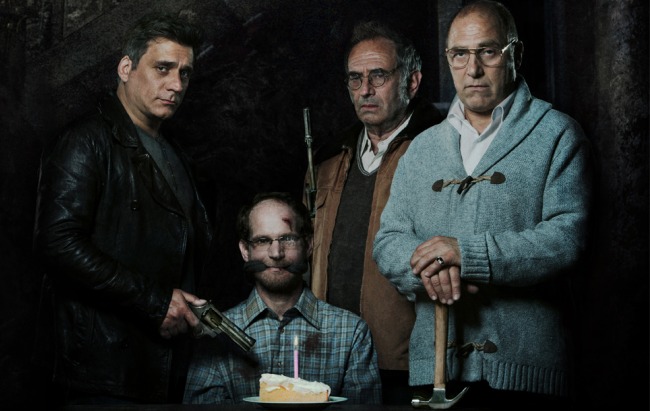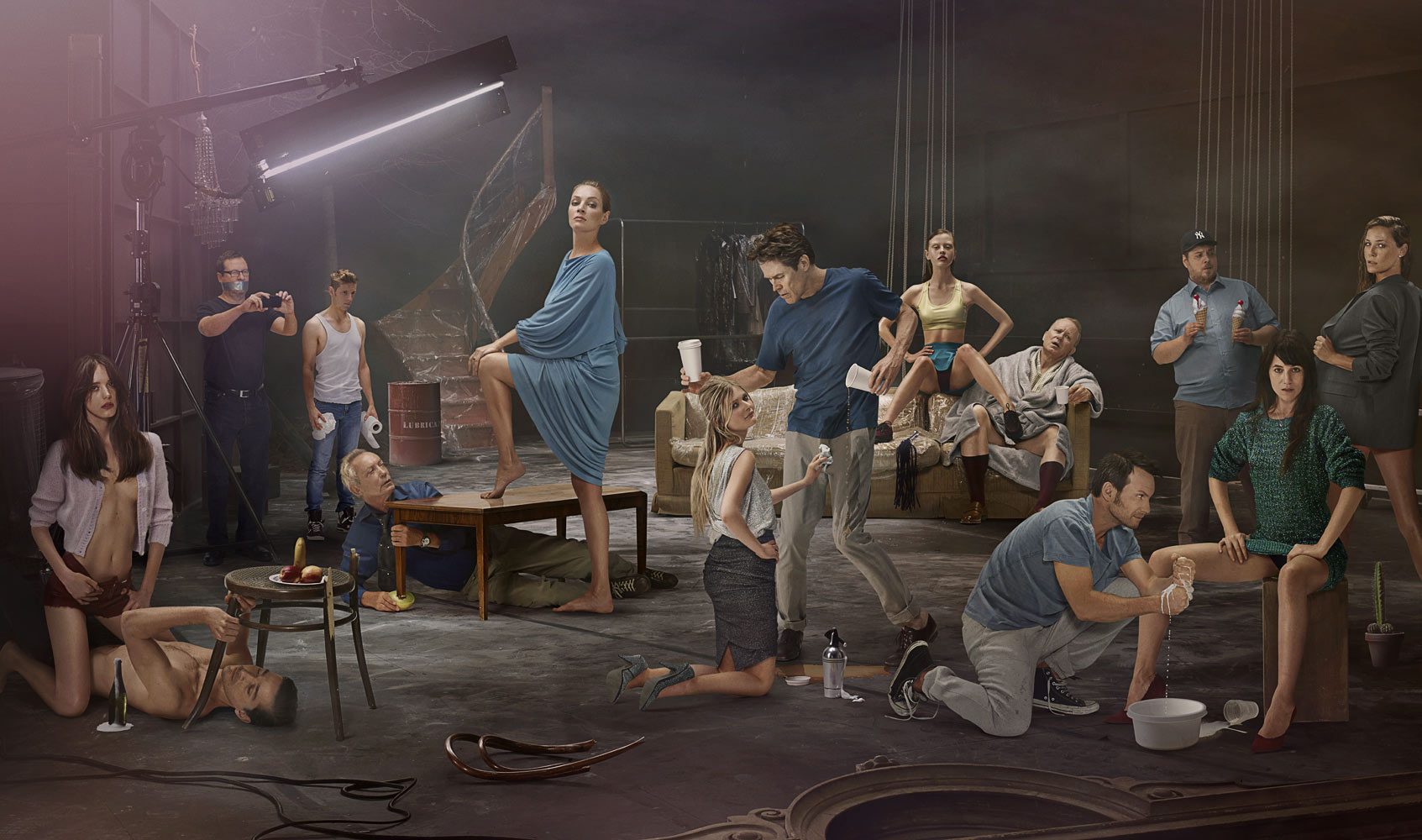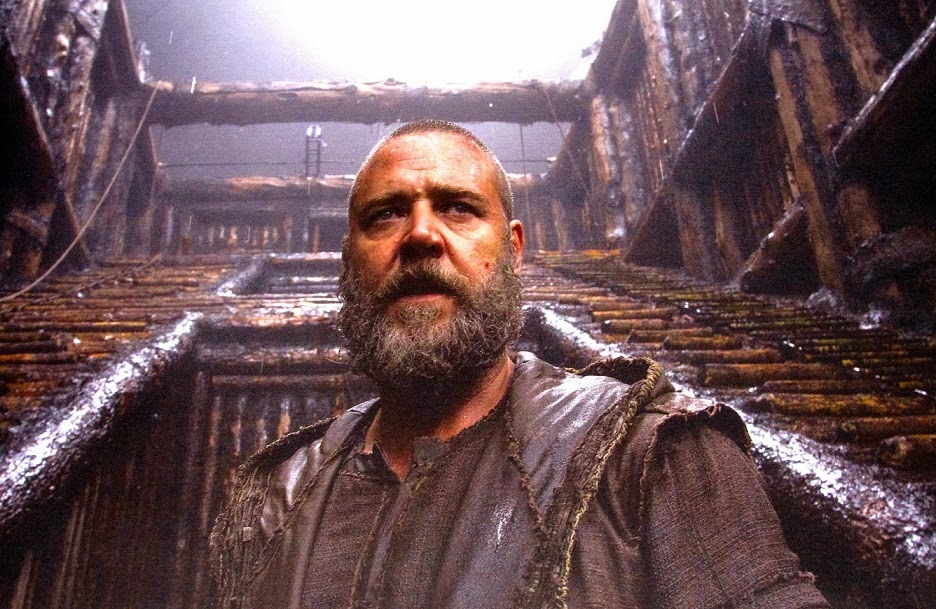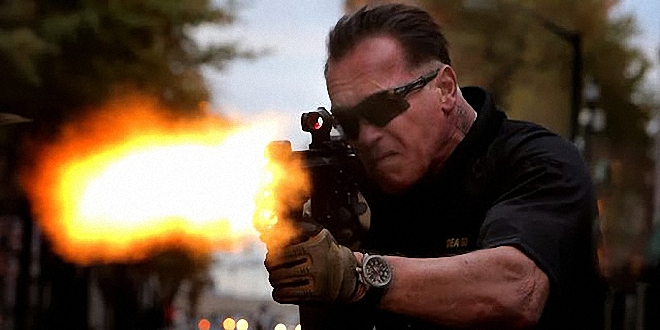Noah
by Hope Madden
The last time Darren Aronofsky and Ari Handel wrote a screenplay together, they came up with the filmmaker’s grandest, most epic misstep, The Fountain. Gorgeous and heady without enough beneath the surface to ground the visual display, it was a film about self-destruction, madness and commitment to the ideal of love.
Well, after two gritty, intimate tales on those same themes (The Wrestler, Black Swan), Aronofsky goes grand again with the biggest tale of human self-destruction, madness, and commitment to an ideal he could find: Noah. Amid the recent flood of Christian themed films (Son of God, God is Not Dead, and the upcoming Heaven is Real), it’s tempting not to take Noah very seriously. Aronofsky is serious.
An IMAX spectacle worthy of its subject matter, the effort is epic in scale and sometimes dizzyingly powerful to look at. And though the approach is 100% earnest and absolutely respectful of the Old Testament tale being told, he’s not only emphasizing parallels between the damned of Noah’s time and our current culture, but slyly asking whether saving humanity was really the best idea.
It’s an admirable attempt, and though he nearly lost me with the biblical rock monsters (I swear to God), on the whole, the storytelling is as almost strong as the imagery.
He’s not getting the kind of nuanced, career-high performances from this cast that he enjoyed in his previous two efforts, though. Perhaps the reason is that these characters are far more broadly drawn, but their one dimensionality doesn’t help the film generate a lively, resonant quality. It tends instead to feed the film’s feel of a bombastic take on a musty, old story.
Russell Crowe scowls and looks conflicted, as does Jennifer Connelly (veteran not only of Crowe’s onscreen relationships but of Aronofsky films).
Ray Winstone delivers (as always) in the role that animates man’s wickedness, and with him Aronofsky scores the most points in articulating modern society’s connection to the parable without offering a sermon.
It’s a tremendous, impressive feat of cinema, the kind of epic biblical tale not attempted since Charlton Heston had his own hair. Aronofsky has entrenched himself in Noah’s story, considered what it really meant to him as a human, and by extension, what it meant to humanity. He doesn’t entirely pull it off, but it’s a hell of an effort.

http://www.youtube.com/watch?v=_OSaJE2rqxU









